MindHive is a collaborative research platform with a suite of tools to support learners in developing, conducting and analyzing their authentic inquiry projects.
Phase II is now closed. Results will be announced in March.

Focus Area:
Prize Level:
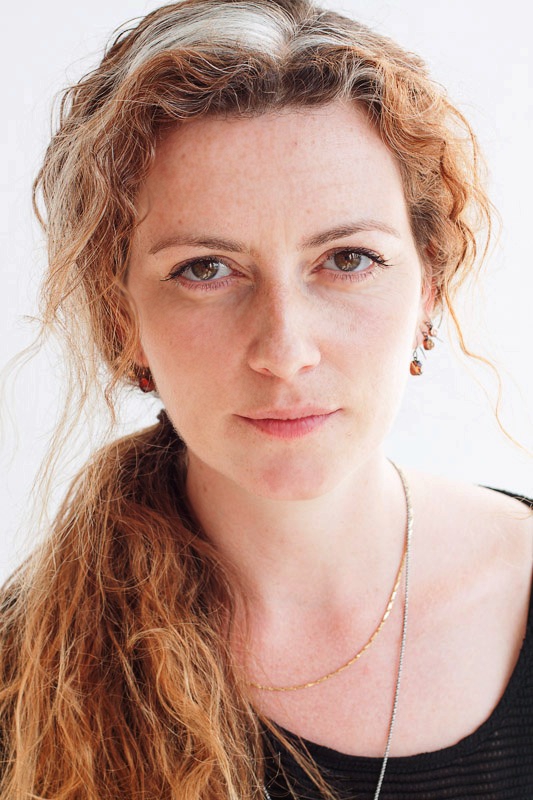
Suzanne Dikker
Principal Investigator, Project Lead, MindHive – New York University

Suzanne Dikker
Principal Investigator, Project Lead, MindHive – New York University
Suzanne Dikker has spearheaded award-winning initiatives at the intersection of science, education, and digital art that bring human brain and behavioral science out of the lab and into dynamic everyday real-world contexts, such as classrooms and museums. She is a Research Associate Professor with a joint appointment at New York University and the University of Amsterdam, and she co-founded the Harmonic Dissonance Collective, which develops interactive installations that explore-and critically examine-human social interactions. Suzanne’s work is supported by the National Institute of Mental Health, the National Science Foundation, and the European Research Council, among others. It has been exhibited / performed at art institutions across Europe and the Americas and has been featured in a range of media outlets.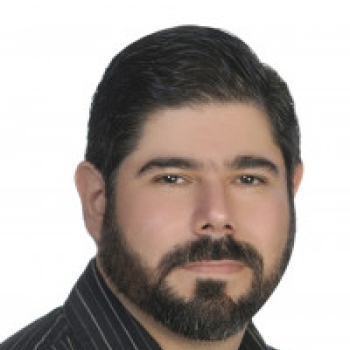
Xavier Ochoa
Lead Learning Analytics, Co-Principal Investigator, New York University

Xavier Ochoa
Lead Learning Analytics, Co-Principal Investigator, New York University
Xavier Ochoa is an Assistant Professor of Learning Analytics at the Steinhardt School of Culture, Education, and Human Development. He specializes in integrating technology with education to improve learning processes, particularly through Multimodal Learning Analytics. Ochoa’s work emphasizes the use of AI and smart sensors to enhance educational tools. He has been Vice-President of the Society for Learning Analytics Research (SoLAR) and Editor-in-Chief of the Journal of Learning Analytics. He has received several awards for his contributions to research and education.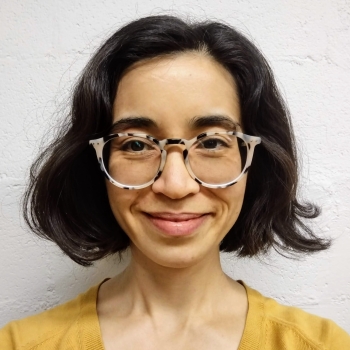
Camillia Matuk
Lead Researcher, New York University
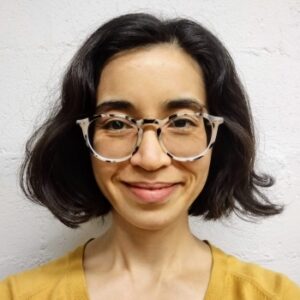
Camillia Matuk
Lead Researcher, New York University
Camillia Matuk is Associate Professor in the Educational Communication and Technology program at New York University’s Steinhardt School of Culture, Education, and Human Development. Camillia uses design-based research methods to explore how inquiry learning experiences, enriched with technology, storytelling, and the arts, can expand the ways that learners engage with and understand personally and socially meaningful issues. Camillia’s work has been funded by the National Science Foundation, the National Institutes of Health, and the US Department of Education. She received a PhD in the Learning Sciences from Northwestern University, and a Master of Science in Biomedical Communications from the University of Toronto.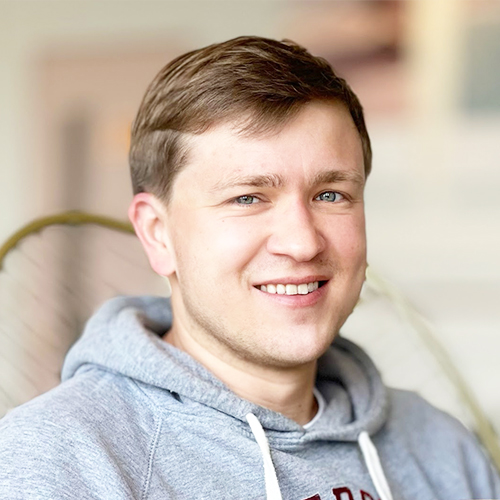
Yury Shevchenko
Lead Developer, University of Konstanz
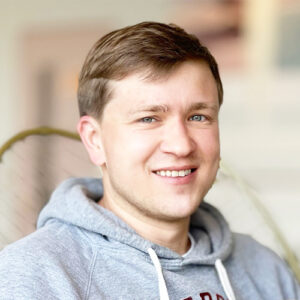
Yury Shevchenko
Lead Developer, University of Konstanz
Yury’s interests lie in the intersection of psychology and computer science with a focus on methods and programming. Since 2019 he has been working as a post-doc in the research group “Experimental Psychology & Internet Science” at the University of Konstanz.